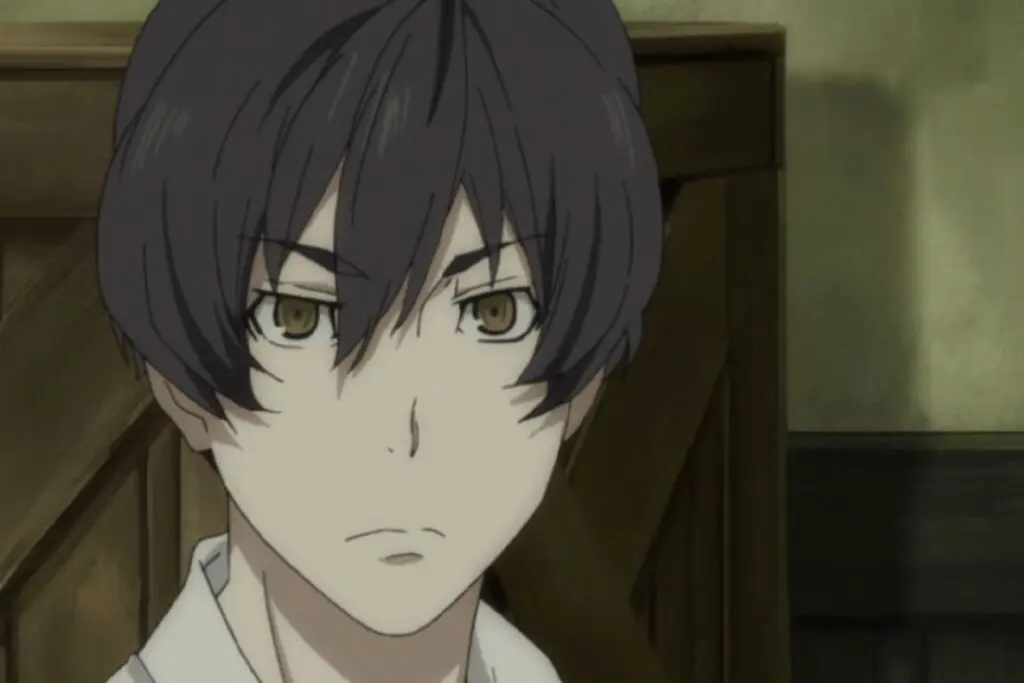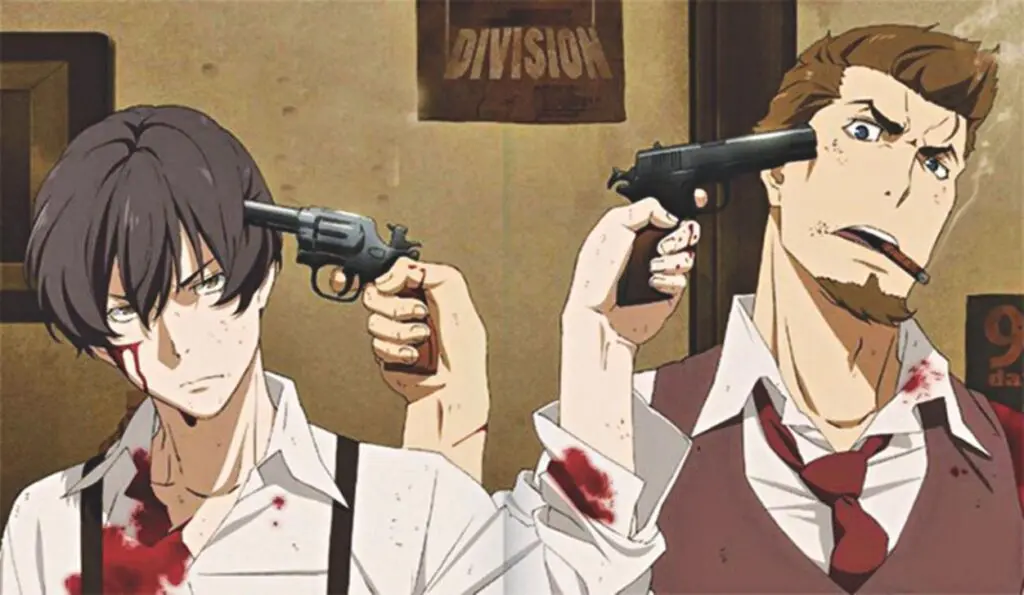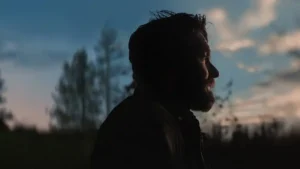Summary
91 Days, with its Prohibition setting and Mafia revenge plot, feels atypical for an anime and should attract some eyeballs now it’s on HBO Max.
This review of 91 Days (HBO Max) is spoiler-free.
Thanks to its relationship with Crunchyroll, HBO Max already has a solid anime library, and it’s only getting stronger and more diverse with recent inclusions. One of them, 91 Days, is a slow-burn Prohibition-era gangster story that feels almost anti-anime in its aesthetic, themes, and style – that alone makes it an enticing prospect now that dubbed versions are currently available on the burgeoning streaming platform.

Concerning Avilio Bruno, the renamed Angelo Lagusa who, as a boy, witnessed the Vanetti crime family butcher his mother, father, and younger brother, 91 Days takes the heightened stylings of your typical anime but filters them through the gritty style and tone of something like The Godfather. Avilio is compelled to return to his hometown in 1928 and, by compelling his bootlegger friend Corteo to start selling moonshine to the Vanettis, begins the first stage of his revenge plot that is quickly complicated by the involvement of a rival family and all sorts of gangland business best left for the audience to uncover on their own.
The arty visual style matches a compelling moral framework that interrogates the self-defeating nature of revenge; nothing new, you understand, but fresh-feeling for an anime, and that remains the chief selling point of 91 Days. Compelling characters and just the right amount of excess position this gangland tragedy in a fairly unique spot, and the roving eyeballs it’ll doubtlessly attract by being on HBO Max should help it become much more talked-about as a pleasingly atypical anime offering.




